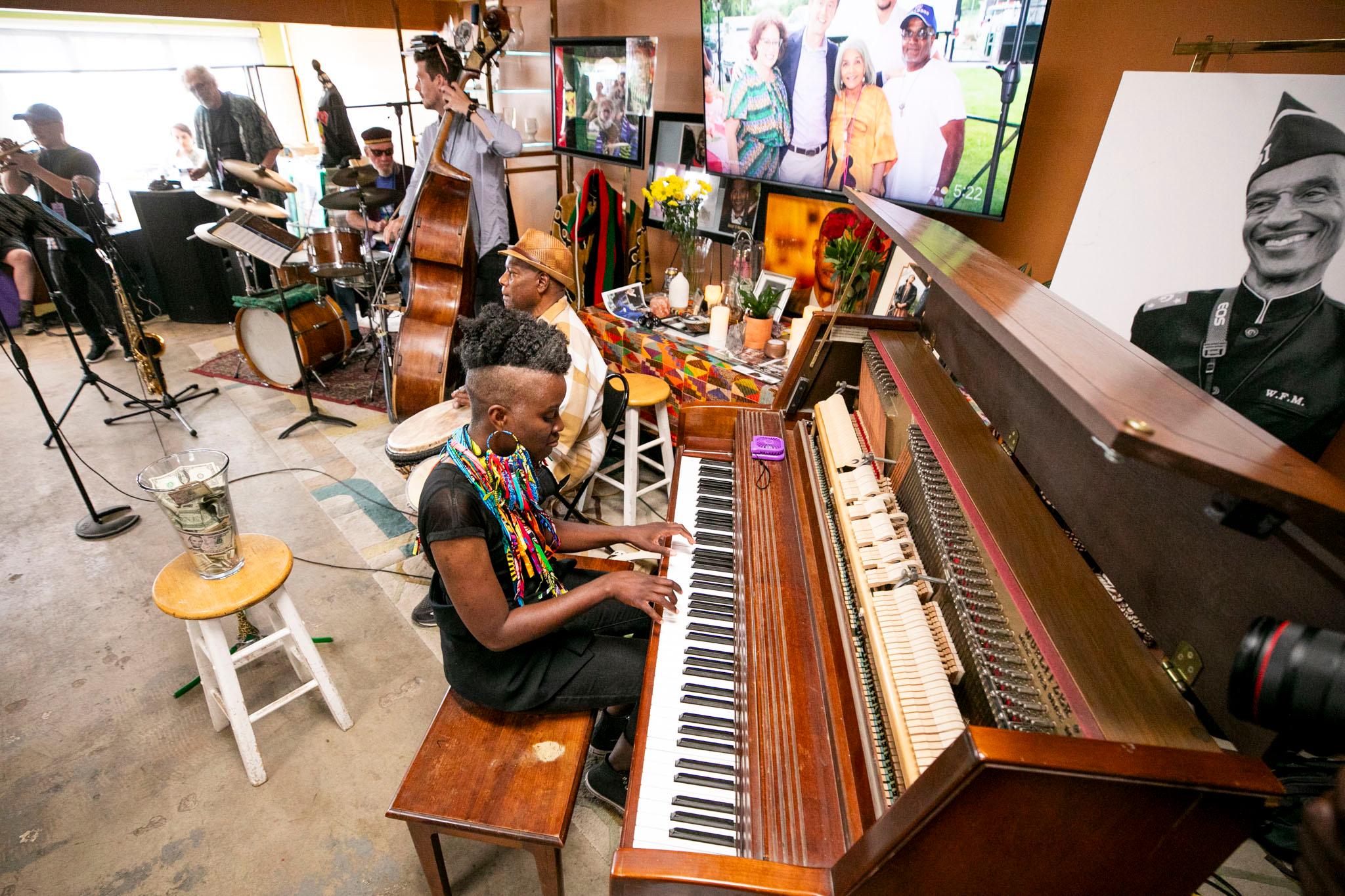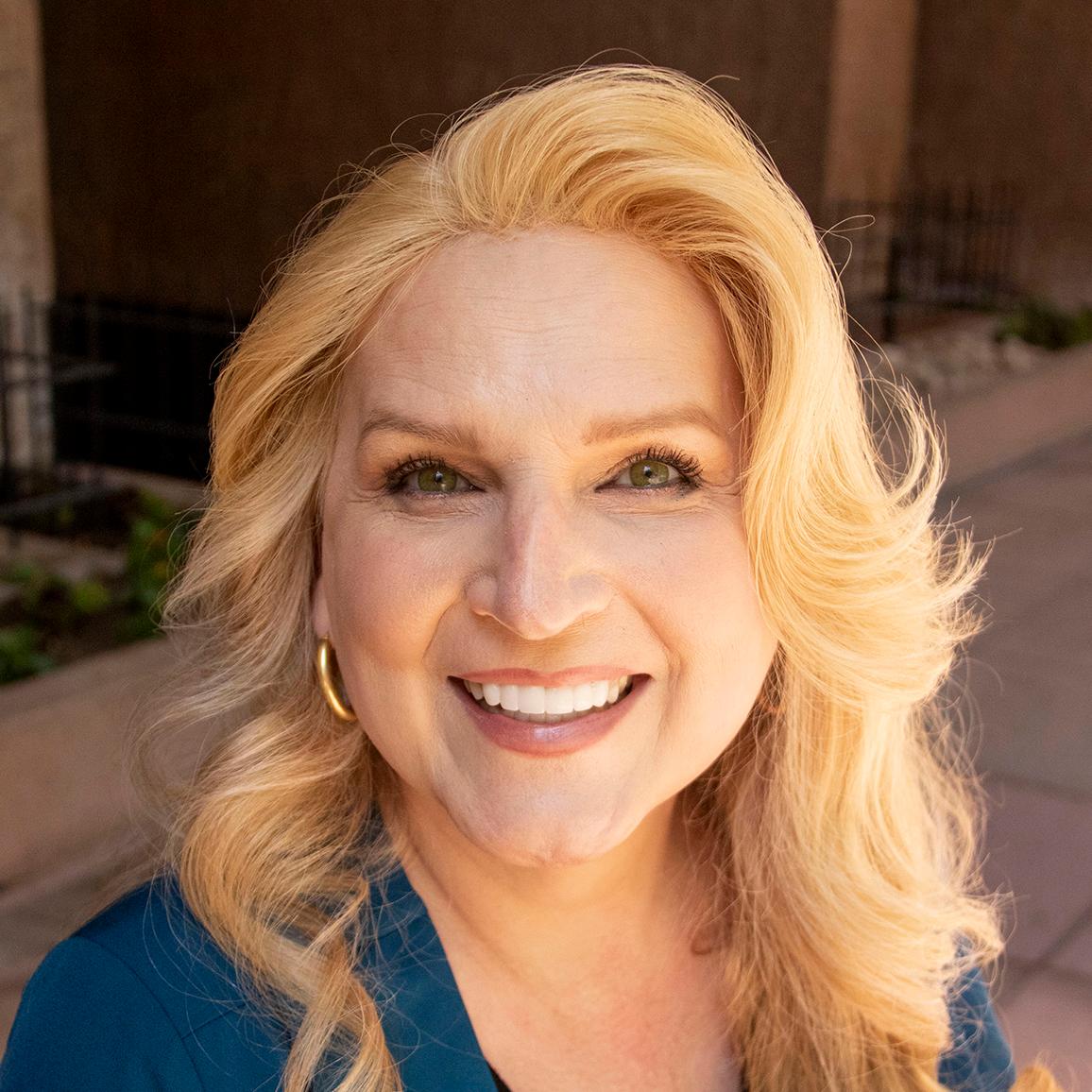Denver Arts & Venues announced Thursday it will discontinue its annual daylong Five Points Jazz Festival in favor of a new grant program supporting year-round jazz programming in the historic neighborhood.
The Five Points Jazz Activation Fund, administered by Denver Arts & Venues, will distribute $225,000 to local businesses, nonprofits and artists involved in jazz-related events. The initiative, launching in early 2025, is a partnership between Denver Arts & Venues, the Five Points Business Improvement District and City Councilman Darrell Watson's office.
"This fund will help support businesses that truly appreciate the art form and what it has done in our community," said Norman Harris, executive director of the Five Points BID. The neighborhood was known as the "Harlem of the West" for its rich jazz heritage.
Officials cited changing neighborhood needs and rising production costs as factors in ending the festival. The new format aims to provide more direct funding to artists while maintaining a consistent cultural presence in Five Points.
"A year-round emphasis on arts and culture represented by jazz in Five Points is a way to invest more significantly in jazz artists and enliven the neighborhood in a more consistent manner," said Gretchen Hollrah, executive director of Denver Arts & Venues.
The grant will offer significantly less than the city was spending on the jazz festival. Last year’s event cost just over $400,000, with much of that paying for barricades and fencing.
“These grants are a more direct way of supporting jazz-specific pieces spread over the year rather than an expensive one-day event,” wrote Brian Kitts from Denver Arts and Venues in an email.
Community concerns:
In 2024, some Five Points business owners were frustrated by a fence that surrounded the festival grounds, blocking festival attendees from reaching storefronts easily.
Charles Foster, an advocate for historic preservation in the neighborhood, said the fence made many business owners along Welton Street oppose the event altogether.
Canceling the event could be a positive thing, he said. But he’s skeptical the funds from the new program will be used to strengthen the community’s roots.
“We have to be very cautious with this grant,” Foster said. “Is this really going to the people who need this?”
Foster is concerned the money will not go to longtime business owners. And he’s not sure funding jazz should be the priority when there are more urgent issues.
Graffiti has been an ongoing concern in the neighborhood, he said. And business owners’ complaints about it have largely gone unaddressed.
“The No. 1 thing they want down there is security,” Foster said. “Why can’t that money be allocated for things like that?”













